'We’re not talking about endless photos of your dinner, a running commentary about your gym sessions or the oversharing of how good or bad your latest relationship is going. Here we discuss things that REALLY shouldn’t be on social media or risk serious privacy ramifications.'
Useful things for young people aged 14 and over
More and more teenagers and young people are getting involved in cyber crime. Many do it for fun without realising the consequences of their actions – but the penalties can be severe.
Cyber crime isn’t a victimless crime. The National Crime Agency and police take cyber crime extremely seriously and will make every effort to identify and prosecute offenders.
The consequences of over-sharing on social networking sites can sometimes land you in hot water, and in serious cases can even lead to you being in trouble with the police.
So ask yourself, 'Should I have tweeted that?'
Here are a few examples of things you should try to avoid tweeting...
Read more
An 18-year-old Instagram star has quit online fame and slammed the door on her way out by telling the truth about how much work she put into creating the illusion of social media perfection.
Essena O'Neill, from Queensland, Australia, has almost one million followers combined from her various Instagram, YouTube, Snapchat, Twitter and Tumblr accounts, and was making a decent income from advertising clothes and beauty products to her fans.
But the experience left her feeling "hollow", she said.
Read the article (Be aware that Essena's video is a little sweary and should be reviewed by teachers before using within a school setting)
“Didn’t you audition for the musical? People told me you sounded like a dying pig.”
UPtv conducted a social experiment for its new anti-bullying PSA that questioned if anyone would actually stand up against bullying in an increasingly detached society.
With the help of three young actresses, the stage was set at a bus stop where one of the girls gets tormented by her two “schoolmates”.
Pedestrians who overheard the verbal attacks stood up for the teenager, while some invited the victim to get up and sit with them instead.
Watch the uplifting responses below and learn more about what you can do to put an end to bullying here.
'Being bullied, getting spam or moving on from a relationship - there are many reasons to block people online.
Depending on the platform you're using, different things happen, but the general rule is that it stops that user from communicating with you.
But when you hit that block button on Facebook, Instagram, Twitter or WhatsApp, it doesn't necessarily mean you are totally hidden from them.'
BBC's Newsbeat has clear guidance on each of the more popular socoalmedia apps.
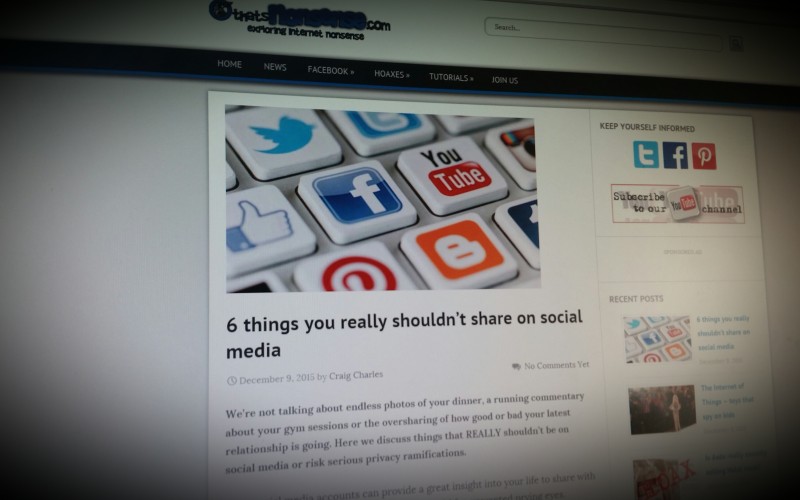
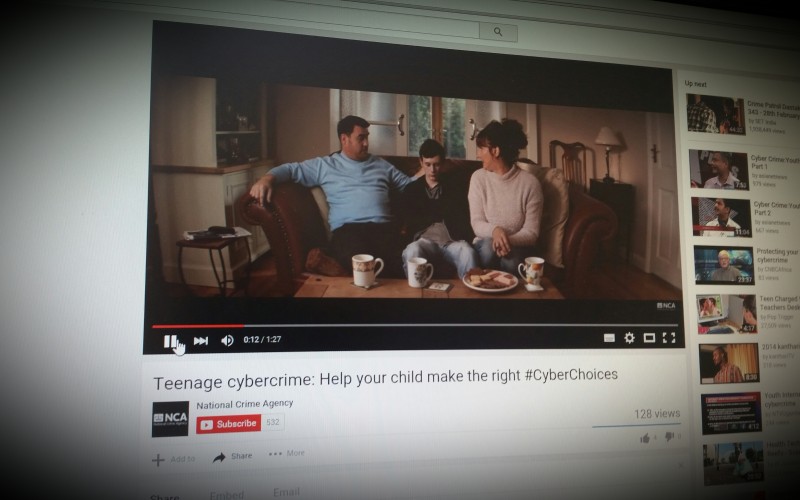
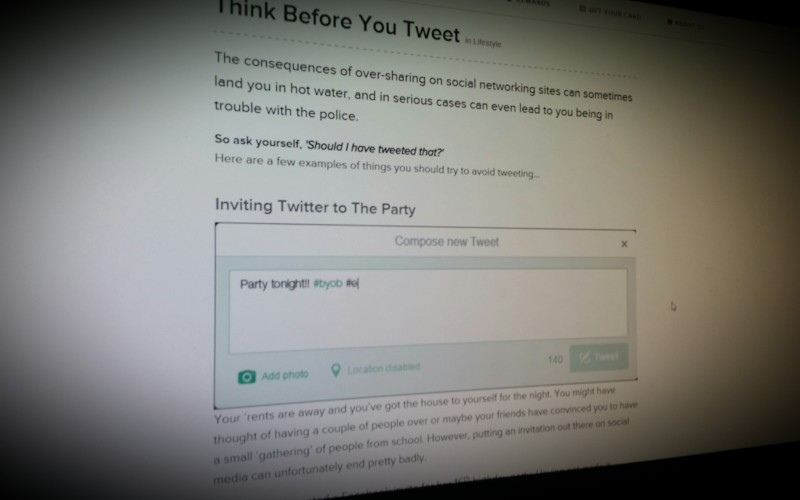
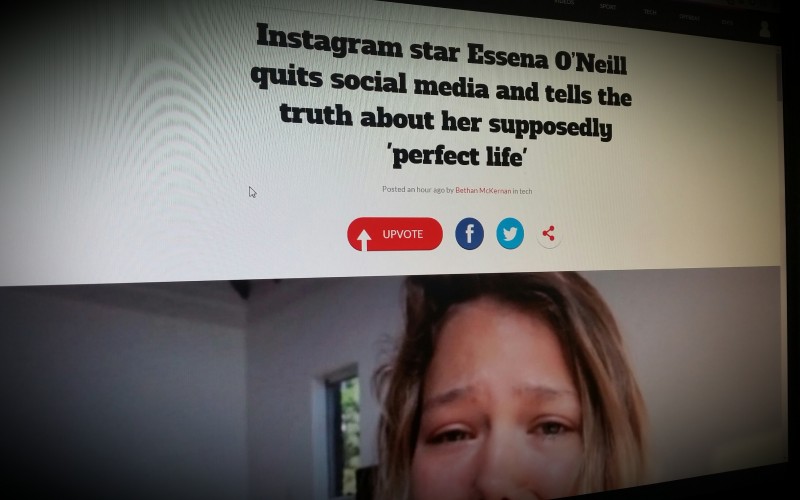
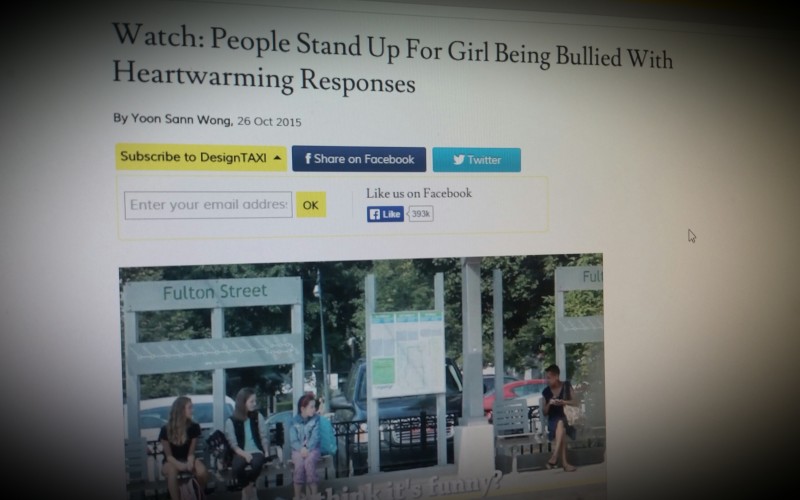
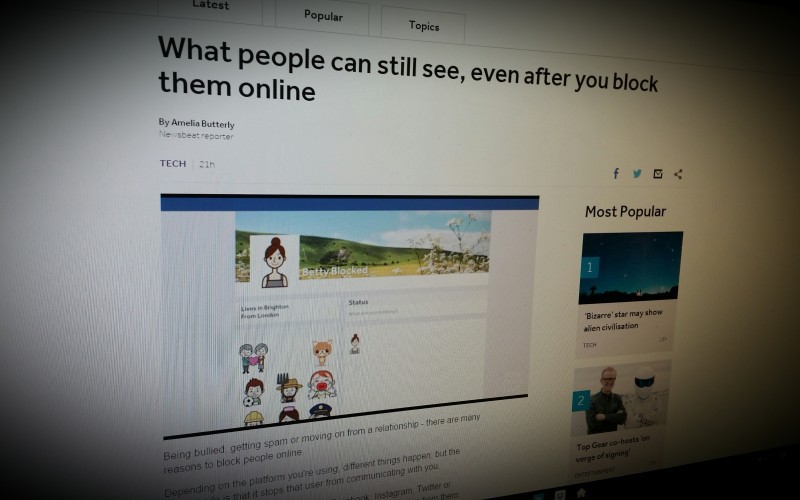
Comments
make a comment